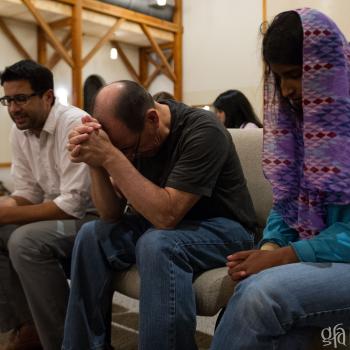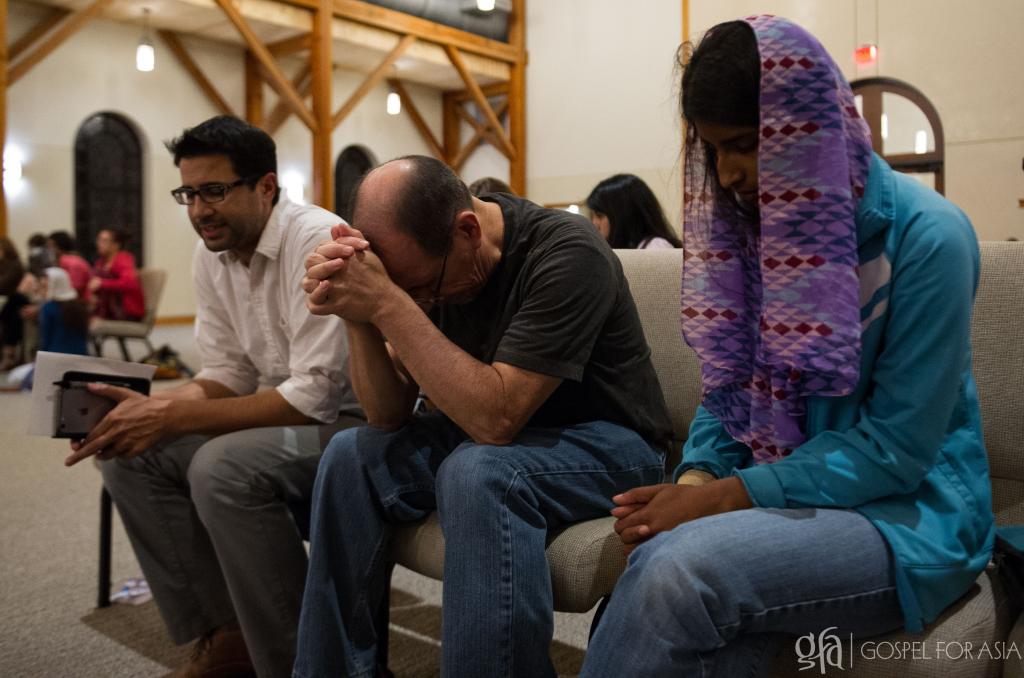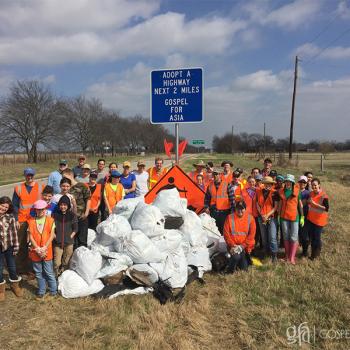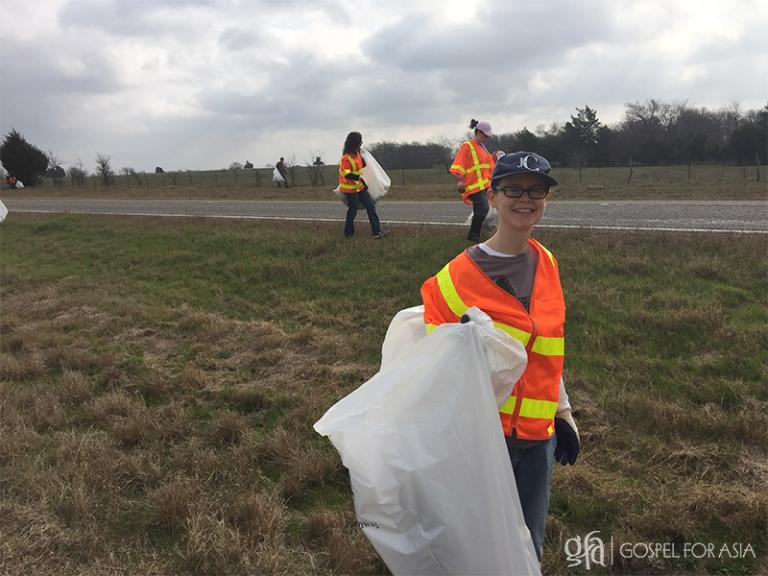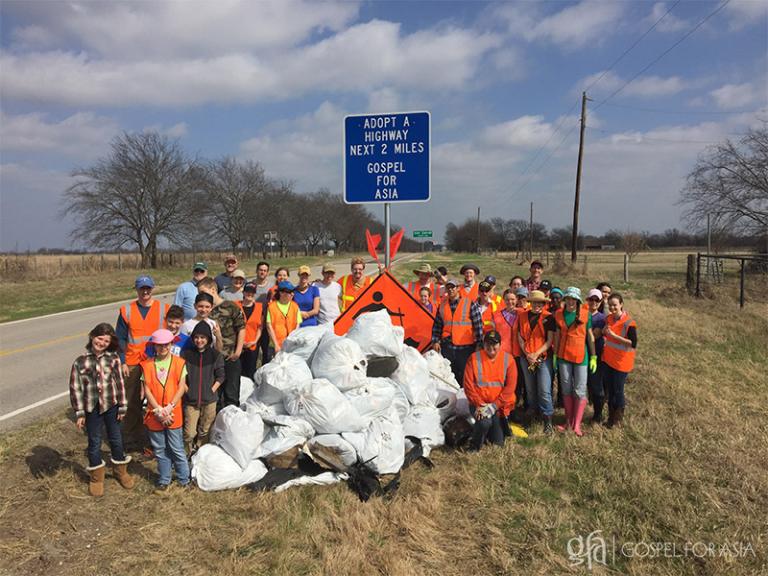Did you know that the scientific community has been studying the effects of gratitude and thanksgiving on the physiological health of humans? Since around the year 2000, social scientists began turning their focus solely from abnormal psychology to healthy emotional habits and their impact on the way we live.

Wikipedia, the online encyclopedia, reports:
“A large body of recent work suggests that people who are more grateful have higher levels of well-being:
- Grateful people are happier, less stressed, and more satisfied with their lives and social relationship.
- Grateful people also have higher levels of control of their environments, personal growth, purpose in life, and self- acceptance.
- Grateful people have more positive ways of coping with the difficulties they experience in life, being less likely to try and avoid the problem, deny there is a problem, blame themselves, or cope through substance use.
- Grateful people sleep better, and this seems to be because they think less negative and more positive thoughts before just going to sleep.”
Yet, even with this truth, even with all the Scriptures that instruct us to give thanks, most of us fall into the ungrateful-wretch category than that of a people whose hearts are overflowing with appreciation—to God and to one another.
If headlines suddenly blasted the news that a miracle-like prescription drug had just come on the market, which had been trialed over the decades and which demonstrated no side effects, and that scientists had determined that regular usage would enable the user to reach a state of well-being, would you be interested? Then if the pharmaceutical house announced that the new drug would be free to all users, wouldn’t you rush to try it out?
“Appreciation Audit: Reserve three minutes, preferably three times each day, to think about something you appreciate. Keep your mind focused until you feel the beauty of gratefulness rising.”
If I went even further to explain that the numerous clinical trials conducted in the States and overseas had proven that the daily use of this medicine showed positive effects on mood neurotransmitters, positive effects on reproductive hormones and on social bonding hormones, showed positive effects on cognitive and pleasure-related neurotransmitters, on inflammatory and immune systems, on stress hormones, on cardiac and EEG rhythms and on blood pressure as well as healthy blood sugar levels—wouldn’t you rush out and say, “Let me have some of that stuff!”?
Now if scientific studies have proven (as they have) the positive impact of a lifestyle attitude of gratitude, then we should all be working to develop that kind of approach to living beginning today, shouldn’t we?
So, let’s begin.
Dr. Dan Baker, director of behavioral medicine at the National Center for Preventive and Stress Medicine, writes in his book What Happy People Know,
Your mind, when focused on appreciating, has an unparalleled power to trigger physical and emotional healing.
Understanding that it is difficult for people in normally busy circumstances but especially when experiencing trying events to focus the mind positively, Baker developed the “Appreciation Audit.”
Dr. Baker cites studies that show the brain cannot process both fear (one of mankind’s dominate negative emotions) and appreciation at the same time. The Appreciation Audit, when practiced, is designed to create a shield in the brain against fear, hate and anger.
He recommends that learners start with a fundamental form of the Audit: Reserve three minutes, preferably three times each day, to think about something you appreciate. Keep your mind focused until you feel the beauty of gratefulness rising.
“Thanksgiving is a hallmark in a person’s relationship with the Almighty.”
This practice does not require a lot of effort, but it does require intentionality. Thankfully, there is no better time to start than this season ahead when our minds are focused on the national Thanksgiving holiday.
I love it when the scientific community pats itself on the back for discovering something that has already existed throughout the centuries and has been an essential practice of the Christian church. Look at these ancient Scriptures:
- 2 Chronicles 5:13: “The trumpeters and musicians joined in unison to give praise and thanks to the LORD. Accompanied by trumpets, cymbals and other instruments, the singers raised their voices in praise to the LORD and sang: ‘He is good; His love endures forever.’ Then the temple of the LORD was filled with the cloud. . .” (I would say that was an amazing physical evidence of the holy results of thanksgiving and praise.)
- Jeremiah 30:19: “From them will come songs of thanksgiving and the sound of rejoicing. I will add to their numbers, and they will not be decreased; I will bring them honor, and they will not be disdained.”
- Nehemiah 12:46–47: “For long ago, in the days of David and Asaph, there had been directors for the musicians and for the songs of praise and thanksgiving to God. So in the days of Zerubbabel and of Nehemiah, all Israel contributed the daily portion for the musicians and the gatekeepers.”
- Psalm 95:2–3: “Let us come before him with thanksgiving and extol him with music and song. For the LORD is the great God, the great King above all gods.”
- 2 Corinthians 4:15–16: “All this is for your benefit, so that the grace that is reaching more and more people may cause thanksgiving to overflow to the glory of God. Therefore we do not lose heart. Though outwardly we are wasting away, yet inwardly we are being renewed day by day.”
- 1 Thessalonians 5:18: “Give thanks in all circumstances; for this is God’s will for you in Christ Jesus.”
In this brief and non-inclusive survey, it appears that thanksgiving is a hallmark in a person’s relationship with the Almighty. We pride ourselves on a national thanksgiving holiday, in which we gather, eat a festive meal, watch the football game, be careful of divisive political conversation but give scant recognition to the God who is the source of all life’s gifts.
If anything, for the Christian, this holiday has become secularized if the truth be told. Let’s strive to make it a marker in which the spiritual activity—giving thanks—is the center of our intent. The practice of gratitude has earmarked spirituality through the centuries of Judeo-Christian practice. It is only now that science is beginning to groove with its potentialities.
Scientists, however, as well as the social science community, medical researchers, and the academy, are beginning to measure the impact of words and attitudes of thanksgiving and are urging a lifestyle that results in the habit of living with appreciation.
An internet article titled “Three Big Benefits of Being Thankful Every Day” quotes the work of researchers. Seth Borenstein, science writer for the Associated Press, examines how being appreciative on a regular basis can impact our lives,
Gratitude is literally one of the few things that can measurably impact peoples’ lives.

According to the studies:
Benefits of the Daily Attitude of Thanksgiving
1. Being Thankful Improves Your Health
When a group of organ transplant patients were asked to keep a daily gratitude journal while another group simply wrote about the basic details of their day, the group that regularly listed what they were thankful for scored significantly higher on measures of both physical and mental health.
2. Being Thankful Connects You with Other People
Research from 2010 found that gratitude is also important in committed relationships like marriage. Sixty-five couples were studied and researchers discovered that couples that were most committed and satisfied were those who expressed gratitude with one another.
“Couples that were most committed and satisfied were those who expressed gratitude with one another.“
These results were well evident one Sunday when I put myself out and volunteered to manage our small church’s monthly potluck meal after our worship service. Since we meet in a school gymnasium, everything had to be hauled in, set up, arranged, carted, then pulled apart, stacked and stored and carried back to the car, unloaded, stored in basement shelves and in attic corners. Frankly, this is a lot of work—most of the time taken for granted because, often, the same people do this work week after week.
However, I was amazed that so many young adults (our church is mostly young adults) thanked me for doing the potluck. There were at least eight people who made a point of thanking me for organizing this event. I was surprised! But I am on the list again for this month. It is amazing what a word of appreciation (spoken eight times!) will do as far as my attitude of serving Christ’s body.
3. Being Thankful Can Change Your Attitude on Life
I am basically a positive person. I see the opportunities in life around me, and given a chance, I can be a catalyst for positive change in an organization. I see the glass as always half full, am rarely discouraged and identify the hand of God somewhere, no matter what has happened. I am healthy and happy.
But I have not always been this way. As a young woman in my 20s, I was prone to depression, saw the holes (huge holes) in other people’s personalities, was given to judgment and arrogance about my own abilities, and could easily look on the dark side.

Then for some reason, certainly through the prompting of the Holy Spirit, I set six months aside to write nothing but thanks in my prayer journal. No requests, no lists of concerns. Just thanks. For six months. The impact was overwhelmingly life changing. I have kept a daily record of my thanks ever since— for over four decades.
Give thanks in all circumstances; for this is God’s will for you in Christ Jesus.
I have concluded that it is more than ill of us not to be practicing thanksgiving; it is evil, a sin of neglect. And we are suffering from this lack; we’re suffering spiritually, emotionally and physically. We’re suffering as communities. If thanksgiving is not a practice within our communal expressions, we too descend into criticism, complaint and crankiness.
Some of us, in this coming season of Thanksgiving, need to be asking for forgiveness from our Heavenly Father who has given us all good gifts. We have almost a whole month to get ready, to personalize the practice and to begin to make a holy plan.
If you can, start the fundamental “Appreciation Audit” (three to five minutes a day, three times a day). As an aid, you may want to listen to the hymn from the musical Godspell:
We plow the fields and scatter the good seed on the land. . .
But it is fed and watered by God’s almighty hand…
He sends us snow in winter, the warmth to swell the grain …
The breezes and the sunshine, and soft refreshing rain …
All good gifts around us
Are sent from Heaven above
So thank the Lord, oh thank the Lord for all his love …
Also, start a file and collect the thanksgiving reminders that come your way. My file includes the history of the creation of Thanksgiving as a national holiday. I’ve slipped into it songs and poems; odd little stories of being thankful, quotes and special prayers.
A thankful heart is not only the greatest virtue, but the parent of all other virtues.
Cicero
Build your Thanksgiving meal around prayers of gratitude, with guests and family sharing stories of why they are thankful. “Tell one thing you are thankful about and why,” is a regular instruction for our holiday event.
I’d like to have the yearly national holiday Thanksgiving meal once a year, but then establish a thanksgiving meal once a month for friends and family to celebrate.
I’m determined, with all the Scripture informing us and now the scientific/medical and social services communities giving us evidence-based data as to the efficacy of the practice of giving thanks, to become healthy, happy and whole.
Happy Thanksgiving.
Re: Thanksgiving – Daniel Punnose, vice president of GFA, shares about how important it is to maintain thankfulness in our lives, go here.
Click here, to read more blogs on Patheos from Karen Mains @ Gospel for Asia.
Click here, to read more blogs on Patheos from Gospel for Asia.
Go here to know more about Gospel for Asia: Flickr | GFA | GFA.org | Facebook | Youtube
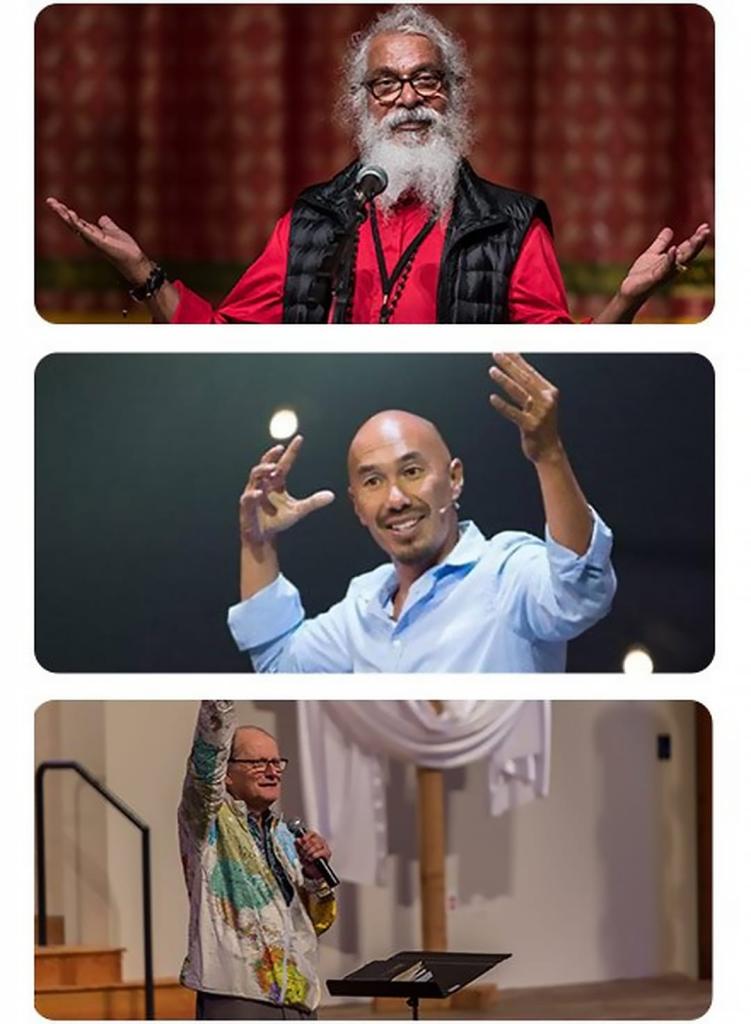


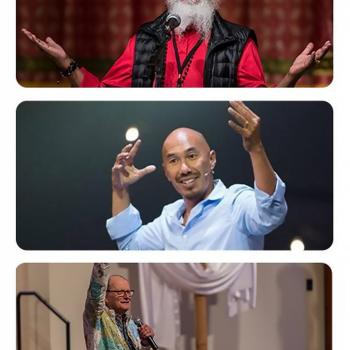
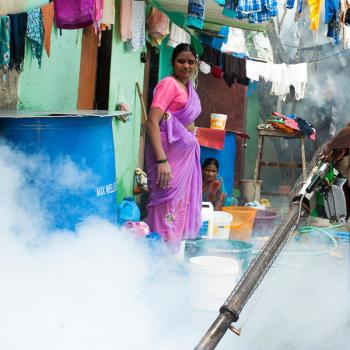
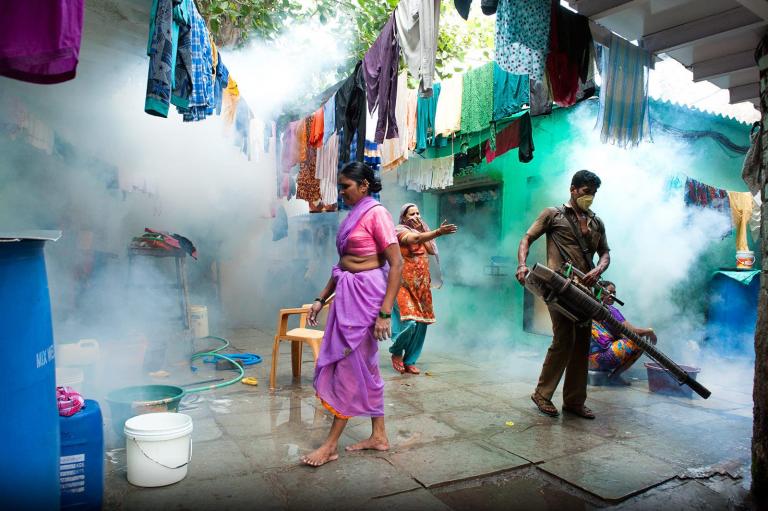






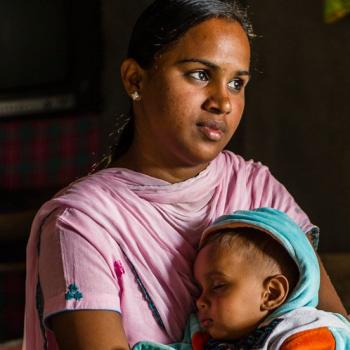
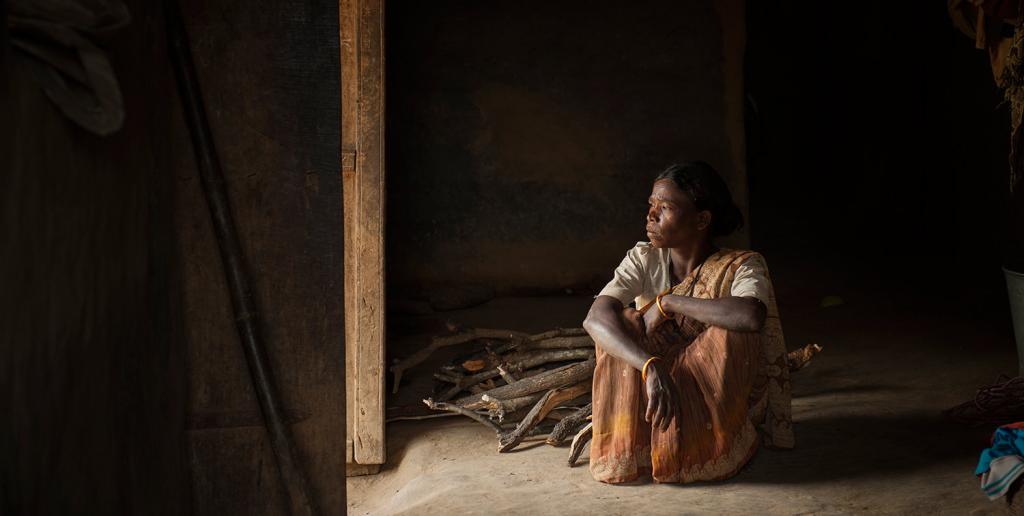
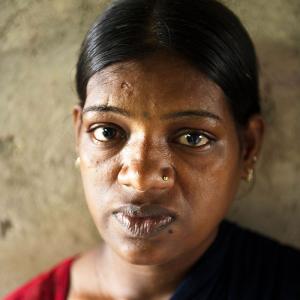
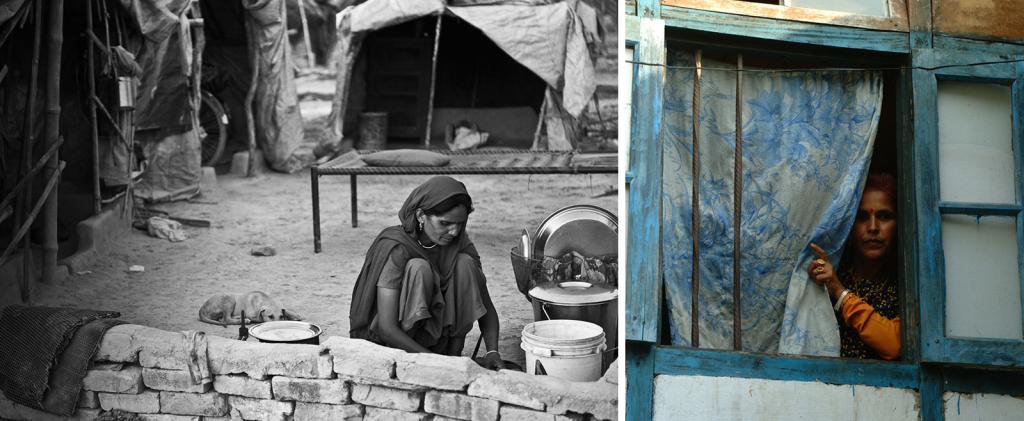
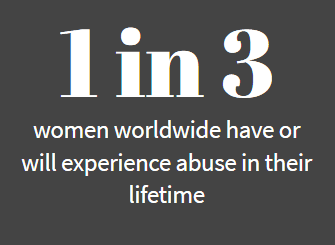 In 1993, the
In 1993, the 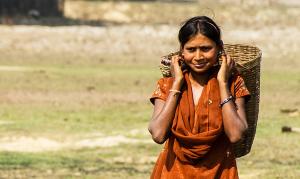
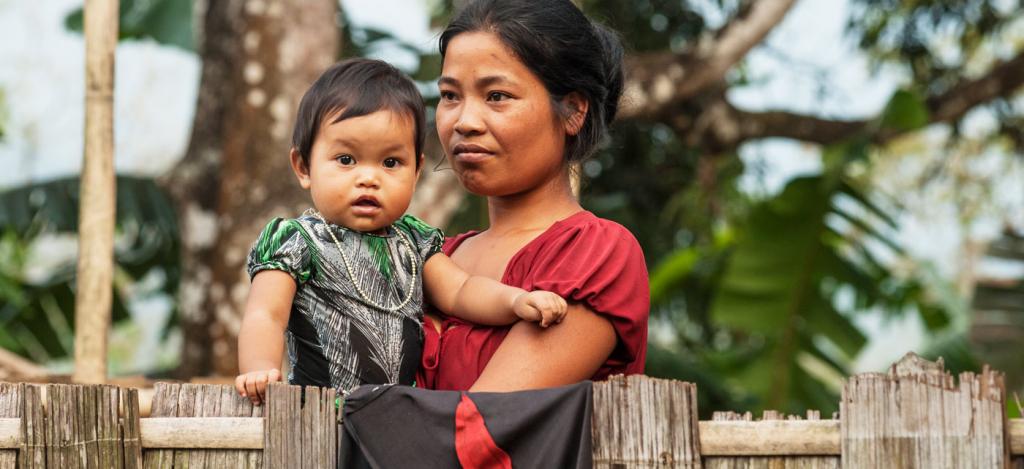

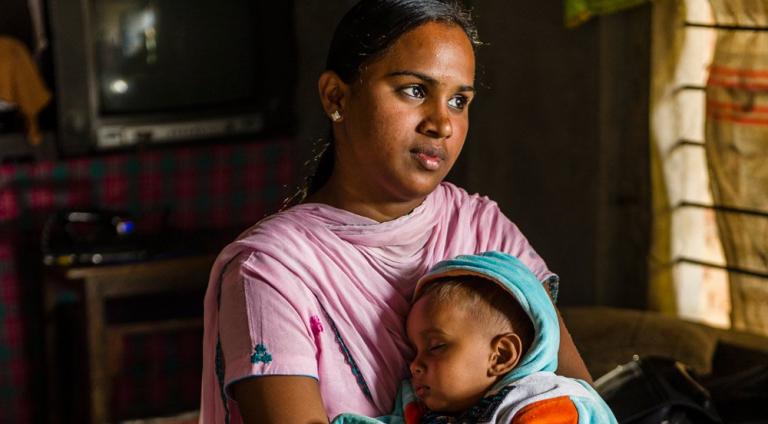
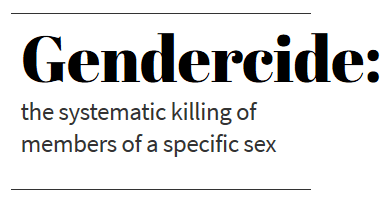 Think about it: 200 million girls and women who should be living and breathing right now, who could have made a contribution to their societies, who could have…changed the world. Yet they no longer exist, murdered even before they had the chance to live, or neglected without a care.
Think about it: 200 million girls and women who should be living and breathing right now, who could have made a contribution to their societies, who could have…changed the world. Yet they no longer exist, murdered even before they had the chance to live, or neglected without a care.